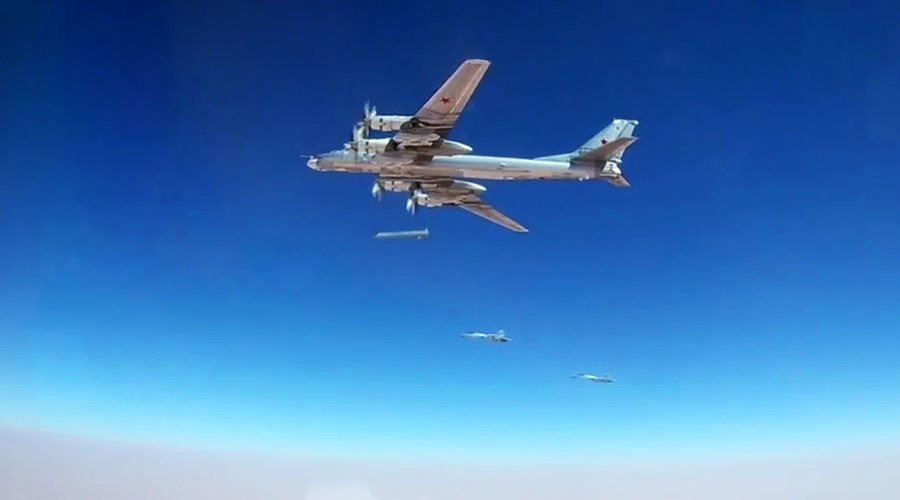
Since September 30, 2015, when Russian President Vladimir Putin ordered the deployment of the Russian jets and helicopters to Syria at the request of the Syrian government, they have conducted more than 30,000 sorties, annihilating more than 96,000 targets, according to data cited in the publication.
Among the terrorist positions destroyed in the raids were 8,332 command posts, over 53,700 militants of terrorist groups, and almost a thousand training camps, as well as 6,769 oil and ammunition depots.
Since the launch of a two-year bombing campaign, Russian warplanes have inflicted serious damage to the oil infrastructure seized by IS, which is believed to be the main source of income for the terrorists.
A total of 212 oil fields and 184 oil plants and refineries that fell into hands of ISIS were destroyed by the Russian Air Force.
In addition to helping the Syrian government root out jihadists, Russia has been actively engaged in demining the liberated areas.
Over 5,300 hectares of Syrian territory have been made safe by the Russian mine-sweeping squads.
The Russian sappers were dispatched to the city of Palmyra, the ancient part of which was severely damaged and mined with hundreds of booby traps and landmines by the fleeing jihadists. The Russian sappers cleared some 2,339 hectares of 24,065 various explosive devices planted by IS.
In Aleppo, where the Russian sappers found over 36,319 explosive devices, over 2,956 hectares have been demined. Russian instructors also traveled to Syria to teach and train the local demining specialists. Over 580 Syrians have completed the course so far, and more than a hundred are studying at the moment, the ministry said.
Following the successful breaking of the siege of Deir ez-Zor in early September, the Syrian armed forces backed by Russian jets from the air embarked on wiping out the remaining jihadist pockets on the west side of the Euphrates River. On Monday, the Syrian troops cut across the river, pushing their offensive further into the Euphrates Valley, east of Deir ez-Zor.
On Wednesday, the Russian General Staff reported that Syrian troops and Russian warplanes had repelled an offensive by the former Al-Nusra Front militants as they tried to capture the unit of Russian military police monitoring the ceasefire in a designated de-escalation zone in Idlib governorate. The spokesman for Russia’s General Staff, General Sergey Rudskoy, at the time accused US security services of instigating the offensive to thwart the successful offensive by the Syrian forces in Deir ez-Zor.
READ MORE: US-led coalition vows to avoid incidents with Russian military in Syria
On Thursday, Russian Defense Ministry’s spokesman, Major General Igor Konashenkov, stated that Russia would have to retaliate if the US-backed rebel militia in Syria, the Syrian Democratic Forces (SDF), fired again at Syrian government positions. According to Konashenkov, the SDF, which is predominantly Kurdish but also includes Arab, Turkmen, Chechen and other groups, have twice targeted the Syrian Army positions with mortars and rockets.
“Fire from positions in regions [controlled by the SDF] will be suppressed by all means necessary,” he said, adding that the SDF apparently halted the siege of Raqqa to hamper the advance of the Syrian troops in Deir ez-Zor.
It appears that “SDF militants work to the same objectives as IS terrorists,” he said.






